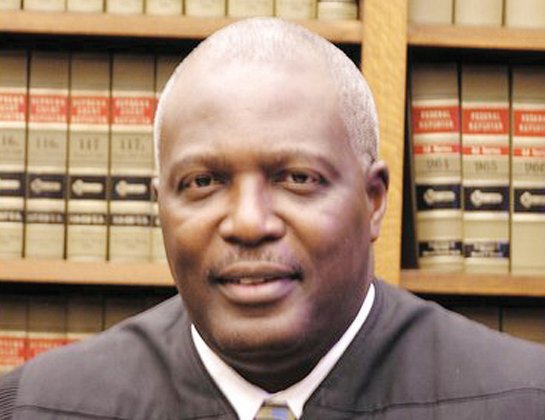Lawsuit over disabled access to apartments ruled premature
Jeremy M. Lazarus | 4/21/2015, 11:06 a.m.
A federal judge has thrown out a high-profile lawsuit seeking to force a new apartment complex going up in Church Hill to be altered to accommodate persons with disabilities.
Senior U.S. Judge James R. Spencer ruled the suit was premature because the 151-unit Shockoe Valley View Apartments is still under construction in the 1900 block of Cedar Street.
“This action rests on ‘contingent future events that may not occur as anticipated or, indeed, may not occur at all,’ ” Judge Spencer wrote in quoting from a 1998 U.S. Supreme Court case.
He issued his decision Thursday, April 10, in the case brought by the National Fair Housing Alliance and Housing Opportunities Made Equal, which sued after finding that the design of the apartments would create barriers for those who are disabled.
The suit was filed against the owner, Hunt Investments LLC and related companies, the designer, Walter Parks Architects, and the builder, MGT Construction Management Inc., all of whom have denied violating state and federal laws requiring accessibility.
Since 1991, federal law has required all new apartment buildings to be accessible to the disabled. All apartments in a building with an elevator, as well as all public and common area, must be designed for use by people in wheelchairs.
The fair housing watchdogs brought the suit after they found barriers to wheelchairs in two apartments and common areas in some of the completed units. A second test by a potential renter in a wheelchair found steps barred him from entering the model unit.
The suit was filed in mid-October as the fair housing groups went to court in a bid to ensure the finished product would comply with federal requirements.
Judge Spencer, however, wrote, “because Phase I was and still is under construction and only temporary certificates of occupancy have been issued, no discrimination has yet occurred.”
“Moreover,” he continued, “defendants submit that they ‘are willing to address and correct any accessibility concerns as they continue construction so the completed project complies …’ ”
He added that the plaintiffs could refile the suit after construction is completed if the work fails to meet state and federal standards requiring accessibility for the disabled.







